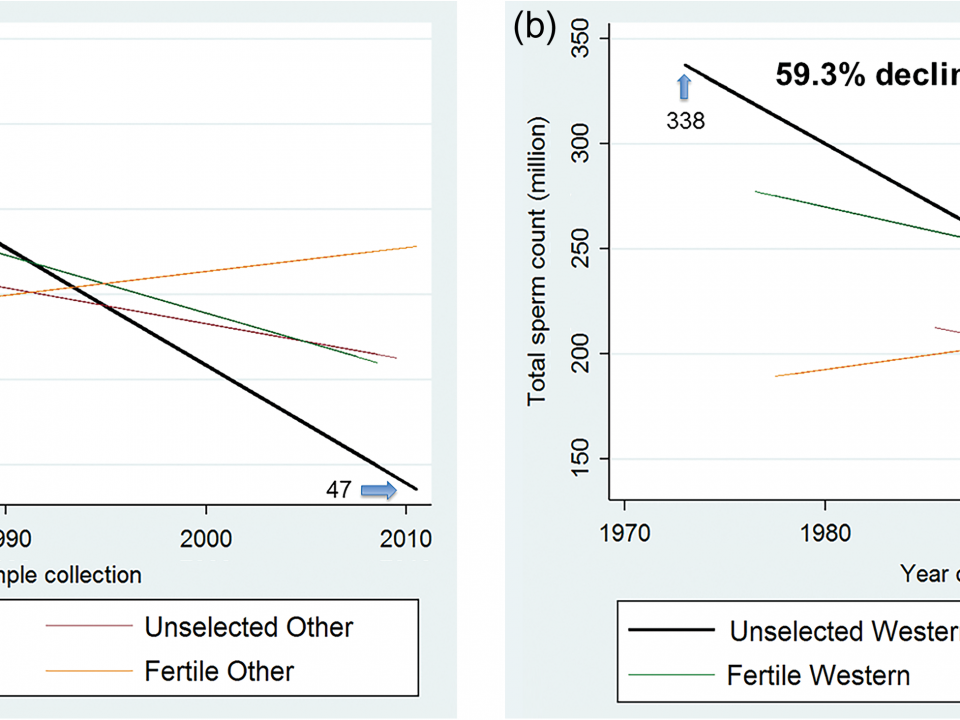Systemic lupus erythematosus
The cheap, over-the-counter supplement n-acetylcysteine treats fatigue and ADHD of lupus. Systemic lupus erythematosus, often known just as lupus (from the Latin for “wolf”) is a serious and debilitating autoimmune disease, characterized by the production of anti-nuclear antibodies.
The most common symptoms of lupus are:
- chest pain when taking a deep breath
- fatigue
- fever of unknown origin
- malaise
- hair loss
- mouth sores
- sensitivity to sunlight
- butterfly rash on the face
- swollen lymph nodes.
Lupus is often treated with corticosteroids like prednisone — often in high doses — and immunosuppressant drugs. It can cause serious complications, including kidney failure. The drugs themselves have a high incidence of unwanted and adverse side effects.
N-acetylcysteine (NAC) is an over-the-counter supplement that delivers cysteine, an essential amino acid. NAC is cheap and safe.
In a trial of n-acetylcysteine in lupus, the patients significantly improved. “N-acetylcysteine reduces disease activity by blocking mammalian target of rapamycin in T cells from systemic lupus erythematosus patients: A randomized, double-blind, placebo-controlled trial.”
Systemic lupus erythematosus patients exhibit T cell dysfunction, which can be regulated through mitochondrial transmembrane potential and mammalian target of rapamycin (mTOR) by glutathione (GSH). This randomized, double-blind, placebo-controlled study was undertaken to examine the safety, tolerance, and efficacy of the GSH precursor N-acetylcysteine (NAC). …
This pilot study suggests that NAC safely improves lupus disease activity by blocking mTOR in T lymphocytes.
So far, so good. NAC proved to be safe, although one third of those taking 4.8 g/d developed reversible nausea. That’s quite a high dose however at 8 capsules a day.
N-acetylcysteine does not need a prescription and is much cheaper than conventional lupus drugs
From the discussion section of this study:
The therapeutic importance of NAC for SLE is reflected by the achievement of clinical improvement within 3 months, as assessed by 2 validated disease activity scores; diminishing fatigue (21), which is considered the most disabling symptom in a majority of SLE patients (22); the absence of significant side effects; and the affordability of this medication. A monthly supply of 600-mg NAC capsules (120–240 capsules) costs $15–30 on the retail market. This sharply contrasts with the estimated average annual direct medical costs of ∼$22,580 per patient in 2009. Thus, the cost of NAC at $180–360/year would be negligible compared to the overall expense to society caused by the disease and the expected benefit in reducing the need for vastly more expensive medications burdened with potentially serious side effects.
This explains why you won’t be hearing much about NAC for lupus treatment: cost of $180 to $360 a year, as compared with over $22,000 a year for regular lupus medications. Drug companies have no reason for promoting such a cost-saving, profit-eating, effective supplement.
The pharmaceutical industry drives conventional medial treatment, and that’s the case with lupus.
N-acetylcysteine increases glutathione and reduces DNA damage
An interesting point in this study is that NAC increased glutathione — which is its main mechanism of action — and by doing so inhibited mTOR (mammalian target of rapamycin), the chief driver of growth and a promter of aging.
This suggests that n-acetylcysteine may have potential as an anti-aging supplement.
A study reported that NAC reduced levels of DNA damage and “may have anti-immunosenescent potential in T cells” — an important immune system component. In other words, it prolongs the reproductive potential of the T-cells and prevents their senescence.
N-acetylcysteine treats neuropsychiatric symptoms
Another report by the same authors as the lupus study states that ADHD and other neuropsychiatric symptoms are prominent in lupus, and that NAC treats it: Attention Deficit and Hyperactivity Disorder Scores Are Elevated and Respond to N-Acetylcysteine Treatment in Patients With Systemic Lupus Erythematosus.
Objective
To investigate whether attention deficit hyperactivity disorder (ADHD) may serve as a marker of neuropsychiatric disease and as a target for N-acetylcysteine (NAC) treatment in patients with systemic lupus erythematosus (SLE).
Conclusion
In patients with SLE, elevated ASRS scores reveal previously unrecognized and clinically significant symptoms of ADHD that respond to NAC treatment.
Would NAC successfully treat ADHD from other causes? That wouldn’t be surprising.
N-acetylcysteine may treat fatigue and ADHD from other causes
If NAC treats fatigue and ADHD caused by lupus, it stands to reason that it may do so when caused by other illnesses. To the extent that these illnesses correlate with a depletion of cellular glutathione, then NAC should be able to treat them.
In fact, we do see this in depression and bipolar disorder (neuropsychiatric disorders), and I discuss NAC and how it can ameliorate fatigue in my book on chronic fatigue.
PS: Get my book, Smash Chronic Fatigue.
PPS: Check out my Supplements Buying Guide for Men.
[thrive_link color=’blue’ link=’https://www.subscribepage.com/l6x7w5′ target=’_blank’ size=’medium’ align=’aligncenter’]Subscribe and get my free book on fat loss[/thrive_link]










10 Comments
Would it be better to take antioxidant related supplements like NAC, resveratrol, alpha lipoic acid, etc. on days where you don’t work out? I’ve read that one of the main benefits of exercise is the hormetic response to the increased production of reactive oxygen species. Just curious what your take is on this.
Guess I should poke around a bit before I ask haha, thanks for the response. Really enjoy this site, appreciate the research on your part.
Yes, agree with that. Same goes for vitamin C. NAC, however, is absorbed in a short time and therefore I think just a few hours outside the workout should be fine.
I wrote a few posts on this.
https://digressionality.blogspot.com/search/label/Antioxidants
N-acetyl-cysteine in the treatment of Parkinson’s disease. What are we waiting for?
https://www.medicinalgenomics.com/wp-content/uploads/2013/11/NAC_in_Parkinsons.pdf
Dennis,
I like your blog and books. One thing that’s somewhat confusing with all the different supplements is figuring out when to take them. I.e. Do I take this one in a fed state or fasted? Do I take it on days I workout or not or wait a few hours after workout? Take it everyday or twice a week etc? A nice-to-have for either your website or book would be a simple chart covering this. Thanks for all you do.
David, thanks. These might help you out: https://pdmangan.com/supplement-timing/
https://pdmangan.com/fed-fasted-workouts/
I’ve been a reader of your site and books and I enormously benefit from your work. I use NAC, vitamin D, fish oil and whey myself and I am glad with the results.
My girlfriend had a problem of low energy and fatigue. Last month I got her a bottle of NAC. She started having one 600 mg capsule 2-3 hours before sleep. Within a few days, she reported better sleeps. She said she was sleeping like a baby and waking up fully rested. Her complaints of fatigue diminished drastically.
Yesterday, we were having a coffee out together and one of her friends joined our table. She complimented on my girlfriend’s looks, and said that she looks as young as a teenager (she is 26). My girlfriend said that I gave her a supplement called NAC last month, and it made her hair shinier and skin glowing. I had noticed some differences but couldn’t name them. At that moment I realized. Yes, her hair was really shinier and skin was glowing.
Her friend rushed to the supplement store immediately to buy a bottle for herself too.
Your work is changing lives, man, thank you.
Thanks, Halbuse, glad to hear it. Some fixes are pretty simple, but they can be hard to find out about.